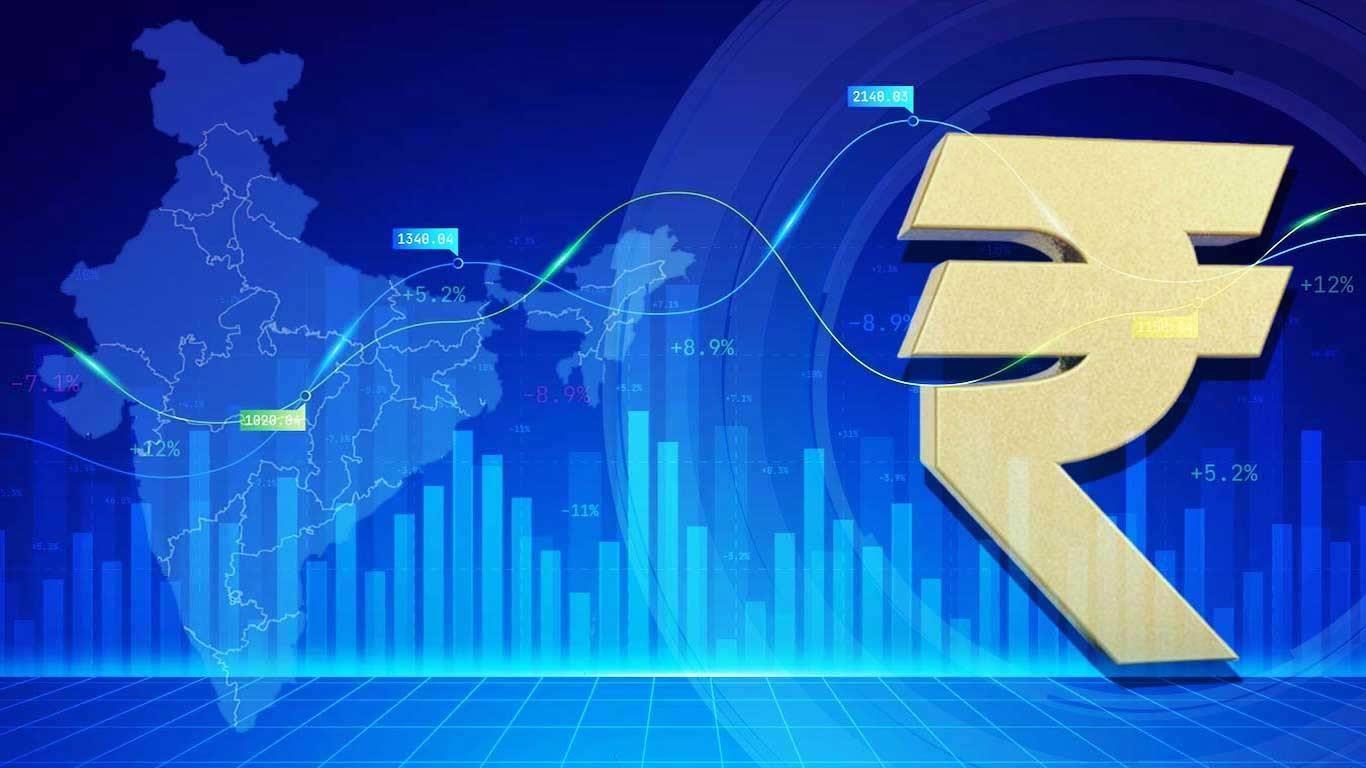
SBI Forecasts Slower Economic Growth For India In Q2 FY25
The forecast comes amid broader discussions about the trajectory of India's economic growth, with analysts anticipating full-year FY25 growth to approach 7 percent.
The projection follows a notable deceleration in the April-June quarter, which recorded GDP expansion of 6.7 percent, marking the lowest growth rate in 15 quarters.
This trend has prompted several analysts to revise their growth expectations downward, raising questions about a potential cyclical slowdown in the economy.
SBI's analysis of 50 key economic indicators across agricultural, industrial, and service sectors suggests mounting pressure on the domestic economy.
The bank's research indicates that the proportion of indicators showing acceleration declined to 69 percent in Q2FY25, compared to 80 percent in Q2FY24 and 78 percent in Q1FY25, though aggregate demand continues to grow at a reduced pace.
Despite the anticipated slowdown, SBI economists characterize this as a 'temporary impasse' and expect a shift in economic narrative from the December quarter onward.
Their optimism is supported by emerging signs of rural recovery, evidenced by increased tractor sales in October and consistent growth in two-wheeler and three-wheeler sales. Additionally, rural agricultural wage growth showed acceleration in August.
Addressing concerns about urban demand, the economists suggest that current metrics may not adequately capture evolving urban consumption patterns, particularly in the quick commerce sector.
They also note that recent regulatory measures on unsecured lending and refinancing restrictions are helping to moderate the post-pandemic credit surge, especially in urban areas.
The report concludes with a cautionary note against implementing policy measures such as farm loan waivers or excessive reliance on minimum support prices, which the economists argue could distort credit culture and lead to unsustainable agricultural practices.
(KNN Bureau)
Legal Disclaimer:
MENAFN provides the information “as is” without warranty of any kind. We do not accept any responsibility or liability for the accuracy, content, images, videos, licenses, completeness, legality, or reliability of the information contained in this article. If you have any complaints or copyright issues related to this article, kindly contact the provider above.






















Comments
No comment